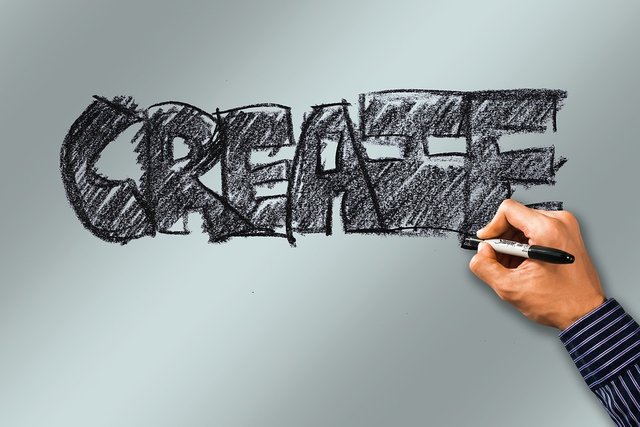The creative economy is not only technology

The modern economy can rightfully be called a creative economy - in the areas of software development, digital content creation, and marketing, it grows three times faster than in traditional areas. But the state support of the creative economy is sometimes very unbalanced.
In terms of following the general trend, Australia differs little from other developed countries, says The Conversation. In 1986, employees of creative industries accounted for a total of 3.7% of the workforce in the country, and by now their share has grown to 5.5%.
In total, about 600 thousand people work in the Australian creative economy today. They are engaged in creative production (like shooting a video or creating music), and creative services (like advertising, marketing or design). In addition, they include "support staff" - for example, technicians, accountants, lawyers and sales specialists.
It is also important that these industries are least likely to be at risk of automation. Simply put, robots are much less likely to take jobs from representatives of creative professions than people working in, say, the mining industry.
Nevertheless, in the creative economy, there are difficulties. While the sector of various kinds of digital products and services is steadily growing, the publishing business (the production of paper newspapers and magazines) is gradually dying out. Australian artists and musicians also have very modest incomes, often far below average.
But the income of Australians engaged in the provision of creative services is 30% higher than the national average. And software developers and professionals in the field of digital content creation can boast of the highest incomes in the industry.
But the main problem of the Australian creative economy is the unbalanced state policy. The authorities of the country focus on the so-called STEM-branches (science, engineering, engineering, and mathematics), forgetting about non-technical professions.
The Australian economy needs innovation, but innovation is not just technology. The government should focus on ensuring that Australians can receive both technical and non-technical skills. In other words, the state policy in the field of personal training should be as balanced as the activity of the most advanced Australian companies, which successfully combine STEM with business, creativity, and communications.
I agree. Most countries and cultures would benefit from focusing on creativity and education.
Just imagine a world that focused on creative solutions to social concerns verses resorting to war?
Lets encourage the political system to focus on real solutions like healthy food and sustainable education.
Congratulations! This post has been upvoted from the communal account, @minnowsupport, by praveen from the Minnow Support Project. It's a witness project run by aggroed, ausbitbank, teamsteem, theprophet0, someguy123, neoxian, followbtcnews, and netuoso. The goal is to help Steemit grow by supporting Minnows. Please find us at the Peace, Abundance, and Liberty Network (PALnet) Discord Channel. It's a completely public and open space to all members of the Steemit community who voluntarily choose to be there.
If you would like to delegate to the Minnow Support Project you can do so by clicking on the following links: 50SP, 100SP, 250SP, 500SP, 1000SP, 5000SP.
Be sure to leave at least 50SP undelegated on your account.